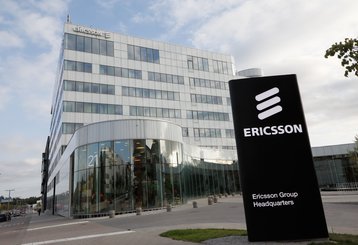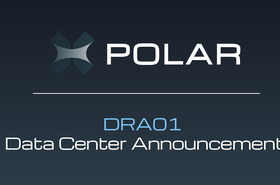Ericsson has reported a decline of 14 percent year-on-year in organic revenues for the first quarter of 2024.
The vendor posted revenue of $4.88 billion for the first three months of the year.
Ericsson's declining revenue was blamed largely on a significant slump in its network business, with this division declining 19 percent YoY, to $3.1bn.
The company's CEO and president Börje Ekholm said that "customers continued to be cautious with their investments," in this area.
"We expect a further decline in the RAN market, at least through the end of this year, as customers remain cautious with their investments and the pace of investment in India continues to normalize," he said. "Dell’Oro estimates the global RAN equipment market will decline by four percent in 2024, which may prove optimistic."
He added that Ericsson expects to stabilize in the second half of this year and to "benefit from recent contract wins and the normalization of customer inventory levels in North America."
Ericsson beat rival vendor Nokia to a $14 billion Open RAN contract with US carrier AT&T last year.
During the company's earnings call, Ekholm expressed his desire for the European telco businesses to consolidate and give themselves greater scale.
"The industry has a problem with return on investments," he said. "And that's why I think we need to see in-market consolidation actually start to happen and start to get approved. When that happens, we will get bigger scale."
He notes that the average European carrier has around 4.5 million subscribers, compared to carriers in other markets such as the US, India, and China, where populations are higher.
Last month, Ericsson confirmed it will cut 1,200 jobs in its home market of Sweden.
In addition to this, the vendor has cut 1,400 jobs in Sweden and let go of 8,500 employees globally as part of cost-cutting measures.
Following heavy demand for 5G products in the past few years, buying from telecom companies has eased off, meaning vendors such as Ericsson and Nokia have had to cut costs.







